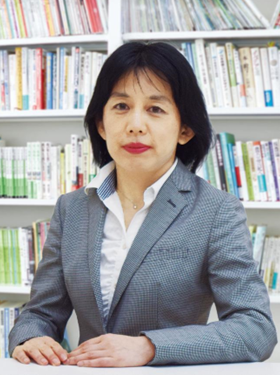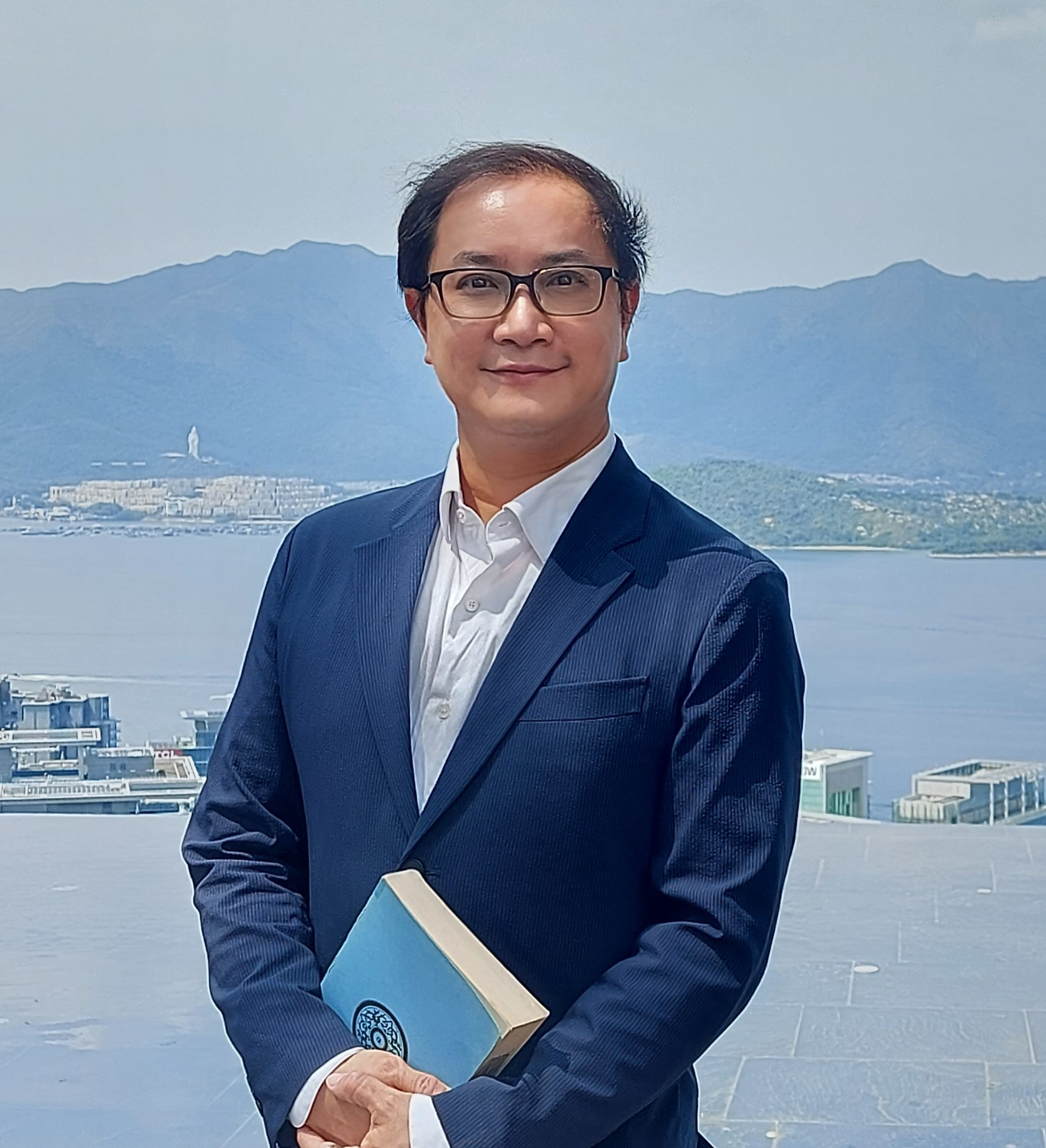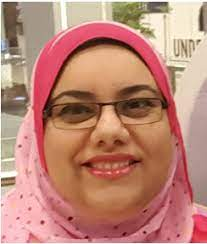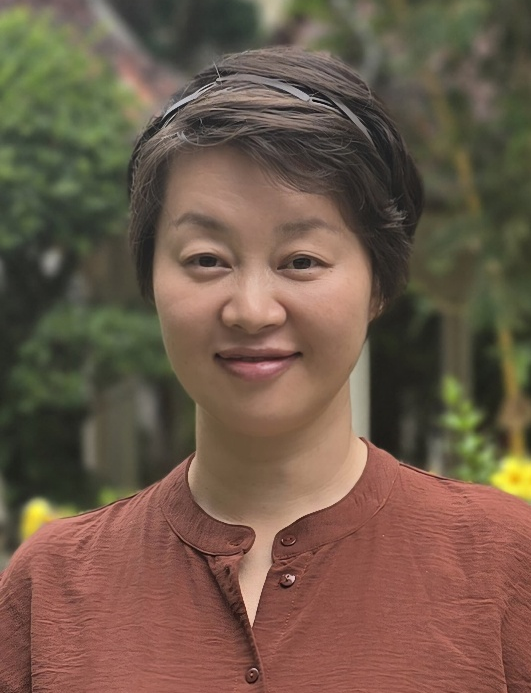Invited Speakers
Dr. Nobuyo Fukaya is a professor at Niigata Agro-Food University in Niigata, Japan. She was formerly a lecturer at Shibaura Institute of Technology (Tokyo, Japan). She earned her B.A. from Rikkyo University (Tokyo, Japan) and her M.A. and Ph.D from Tsuda University (Tokyo, Japan). The title of her doctoral dissertation is Optimality Theory and Language Change: The Activation of Potential Constraint Interactions. The revised version of her dissertation was published by Kaitakusya, Japan.
In her dissertation, she explained English word order changes, such as the verb-second phenomenon and its loss within Optimality Theory by re-ranking the set of constraints and tackled the question of how this re-ranking took place. She is currently studying how language develops. Her publications address the areas of language acquisition of L1 English-speaking children and Japanese EFL learners. She has collected extensive data using the Child Language Data Exchange System (CHILDES) database (MacWhinney 2000) and explained within Optimality Theory how and why children acquire their mother tongue.
She has particularly focused on the acquisition of wh-questions, comparing children’s and parents’ utterances. Her recently published papers on first language acquisition are “Case Study 1” (2022), “Optimality Theory and the Development of Do-Support in Children’s Wh-Questions” (2023), and “A CHILDES-Based Study on the English Dative Alternation” (2023). In addition, she has addressed second language acquisition using the Japanese EFL learner (JEFLL) Corpus (Tono 2007), and has compared L1 English-speaking children and Japanese EFL learners.
Her major article on Japanese EFL learners is “Comparison of Japanese EFL Learners and L1 English Children: The English Dative Alternation” (2023). She is also one of the translators of The Cambridge Grammar of the English Language by Rodney and Geoffrey (2002) (Eibunpou Daijiten Shiriizu vol. 0, 2017) and Language Change by Bybee (2015) (Gengo-wa Donoyouni Henkasurunoka, 2019), and has contributed to deepening the understanding of linguistics for beginners.

As a faculty member in the Robert Gillespie Academic Skills Centre (RGASC) at the University of Toronto Mississauga (UTM), Dr. Laura Taylor works primarily with English Language Learners (ELLs) to enhance academic skill development among the student population. Through close ties with both the International Education Centre (IEC) and with various departments across campus, she ensures that the ELL and international students are well supported.
Dr. Taylor is focused on enhancing the student experience through the use of active-learning pedagogy and is a member of a committee devoted to supporting this practice.
Dr. Taylor joined the UTM community in 2014. Prior to this, she served as the Director of Postgraduate Teaching and Learning at the University of York (UK). She has used this experience with graduate students in her current role at UTM where she oversees graduate skill enhancement through both face-to-face appointments and various workshops.
Dr. Taylor holds a B.A from Columbia University in New York (2004); M.A. in TESOL from the University of York (UK) (2009); and a Ph.D. in Education from the University of York (UK) (2013). Dr. Taylor was first elected to the Campus Council in 2016 and serves as Chair of the Academic Affairs Committee and as member of the Agenda Committee.

Siu-lun Lee is Principal Lecturer at the Yale-China Chinese Language Academy, within the Centre for China Studies at the Chinese University of Hong Kong. He teaches courses on Chinese language studies as well as Hong Kong’s language and society. An experienced educator and administrator of Chinese language programmes at the Chinese University of Hong Kong, he has played a key role in developing and managing language curricula.
Siu-lun Lee is a trained linguist with extensive involvement in linguistic and pedagogical research. His academic interests include applied linguistics, Cantonese studies, Chinese linguistics, multilingualism, sociolinguistics, and language teaching pedagogy. He has co-authored several scholarly articles, including A Socio-Historical Approach to Multilingualism in Hong Kong (2020), Linguistic Landscapes and Language Contact (2020), Societal Multilingualism in Hong Kong (2020), and Researching Hong Kong’s Multilingual Landscape (2025).
His research on language teaching pedagogy has been published in indexed journals. His contributions include studies such as Revisiting Role-Playing Activities in Foreign Language Teaching and Learning (2015), E-Learning Readiness in Language Learning (2016), Modular Approaches in e-Learning Design (2018), and Aligning Peer Tutoring Systems in Language Education (2024).
His contributions to Cantonese education include the publication of Modern Cantonese (Volumes 1–3, Routledge, 2023) and The Learning and Teaching of Cantonese as a Second Language (Routledge, 2023).

Dr. Hend Hamed Ezzeldin is an Assistant Professor in the Department of English at the Faculty of Al-Alsun (Languages), Ain Shams University, Cairo, Egypt. Her academic interests include Romantic poetry, ethnic and gender studies, resistance literature, and trauma studies. In addition to her scholarly pursuits, she is also a creative writer and an active contributor to both academic and literary communities.
Dr. Ezzeldin holds a TOT certificate from Cambridge University and a Trinity CertTESOL from Trinity College London. She serves as a reviewer for several academic journals and works as an assessment specialist at Cambridge Assessment International Education.

Dr. Li Li is currently a lecturer at the Singapore Centre for Chinese Language, Nanyang Technological University. She has led various research projects in the research centre focusing on the development of bilingual children, pedagogy in teaching Chinese as a second language, and applying technology in Chinese language teaching. Her research interests include child language development, second language acquisition, and bilingual education.
